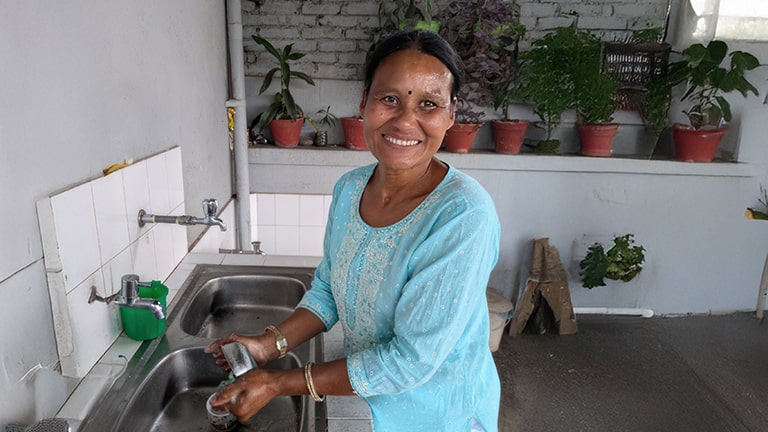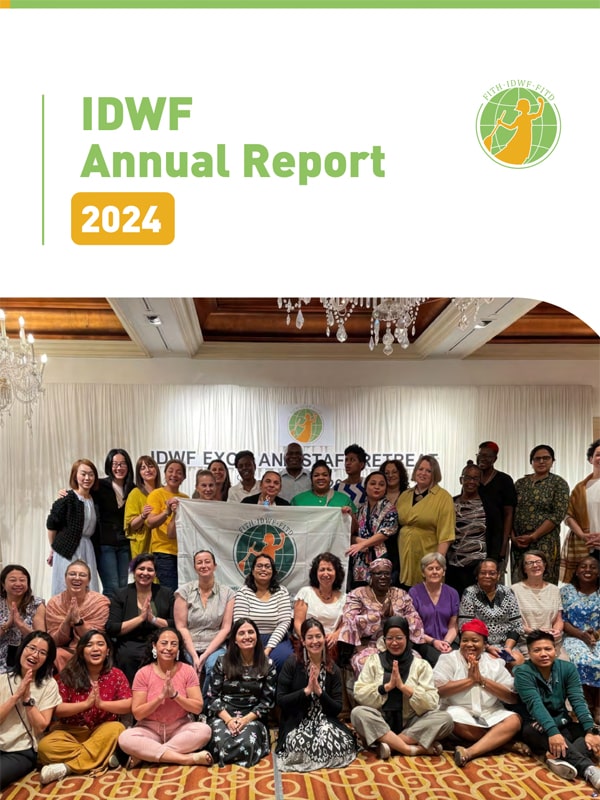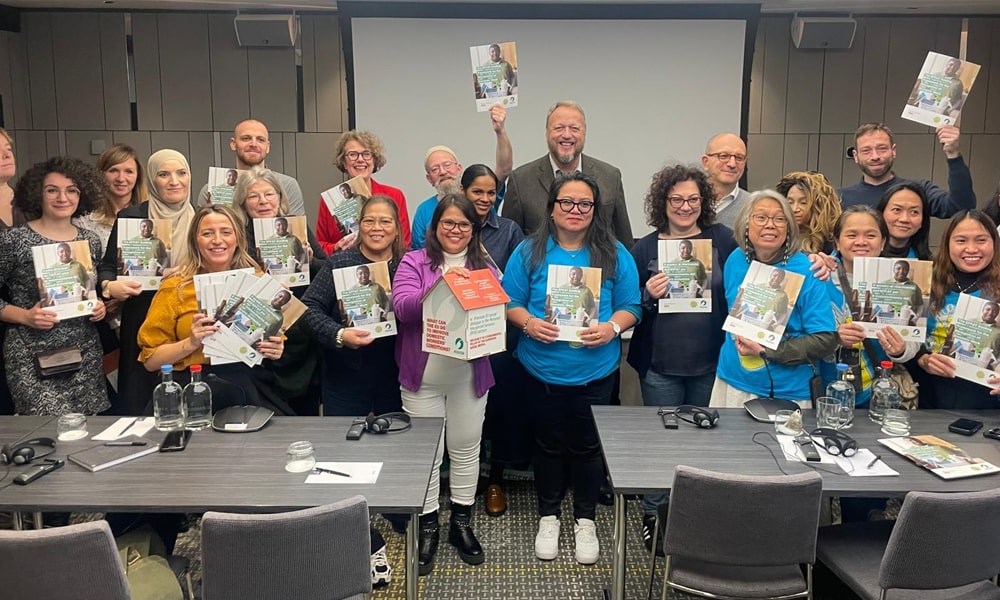Due to a lack of employment opportunities and precarious working conditions in their countries of origin, many women migrate —often under conditions of absolute vulnerability and sometimes through irregular channels— in search of a better future in domestic work. Migrant domestic workers make the enormous sacrifice of leaving behind their loved ones to care for households and families far from their homeland. They do so with love and dedication, as if the people and belongings they care for were their own. But who cares for them?
The lack of legal protection that migrant domestic workers face throughout their migration process (recruitment, migration, transit, employment, and return home) is prevalent across regions and results in injustices and rights violations: exhausting workdays without rest, wage withholding, lack of access to social protection, isolation, restrictions on mobility and communication, confiscation of personal documents, visas tied to employers, prohibition of freedom of association, and abuses ranging from discrimination, violence, and harassment, to forced labor and human trafficking, with serious barriers to accessing justice and limited chances of obtaining redress.
The growing demand for care in many countries (mainly in the Global North) has led to a reliance on migrant domestic workers (mainly from the Global South) to fill the gaps left by states in the provision of public care services. However, those who contribute the most to the care economy are the most disadvantaged in terms of rights and face the greatest challenges in meeting their own care needs.
These raw testimonies of migrant domestic workers put real faces to what lies behind the “global care chains” and contain a powerful call to action: it is urgent to ensure free and safe migration, decent work, and respect for the human rights of the women who care for the world!





